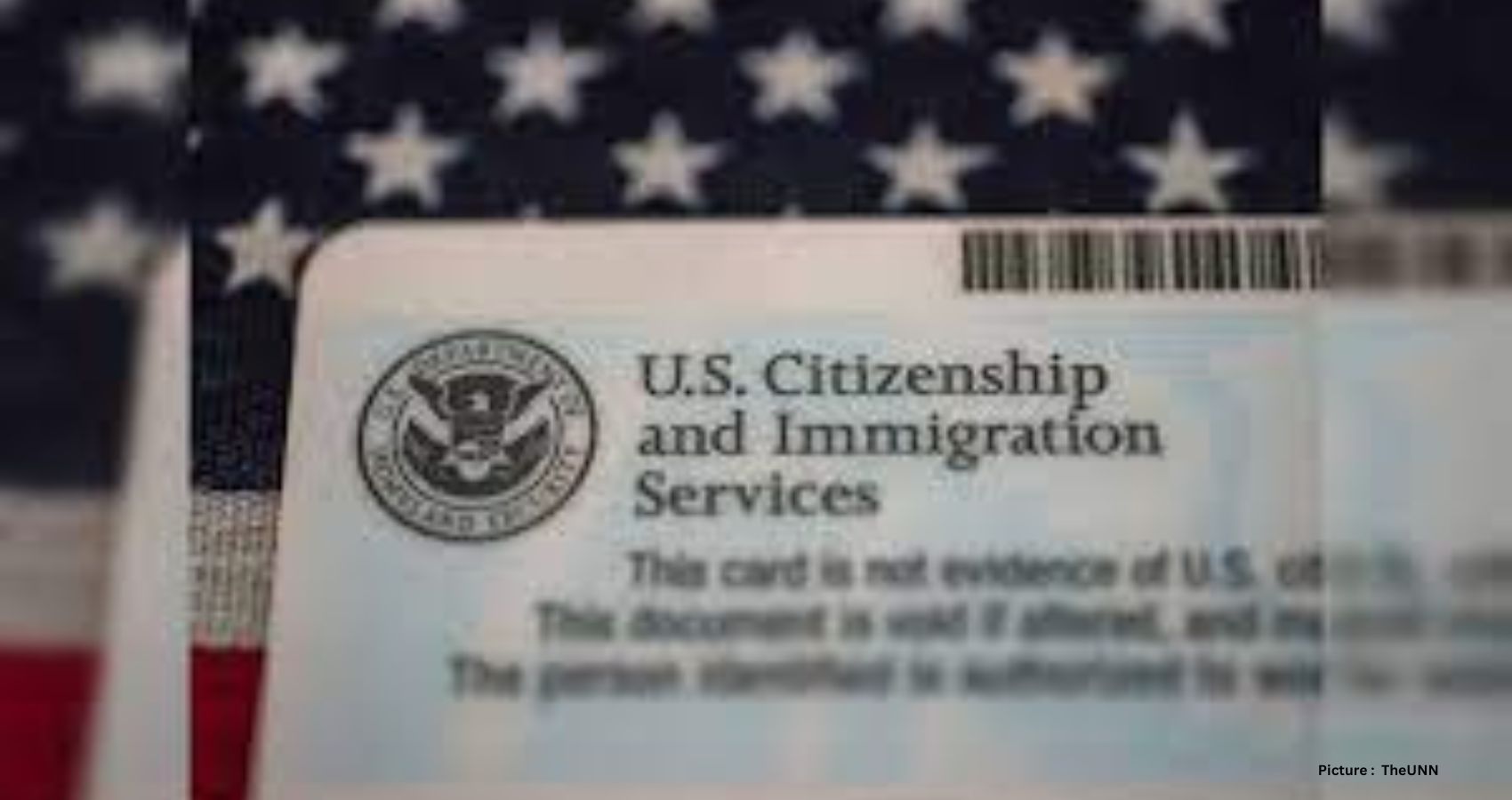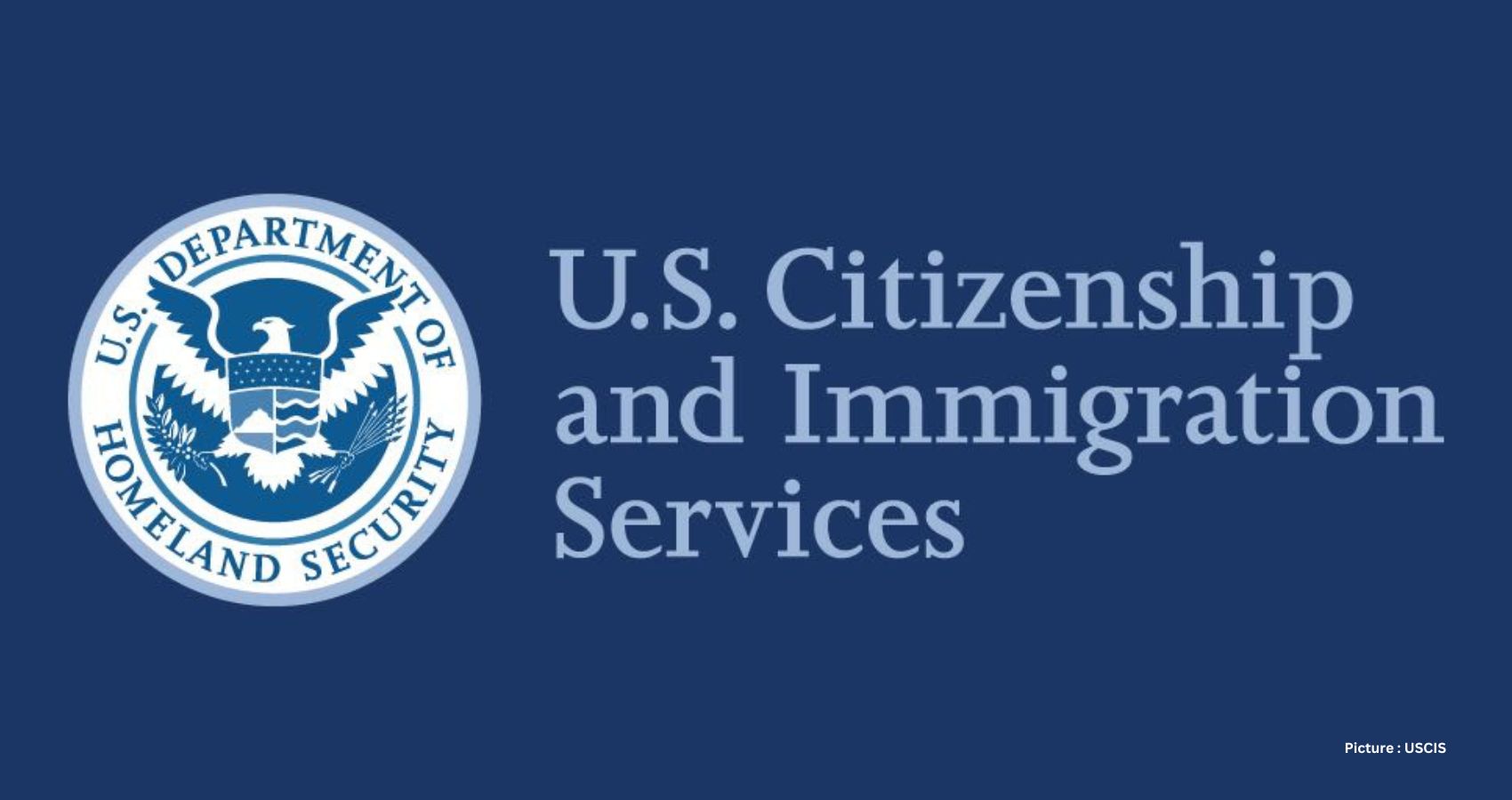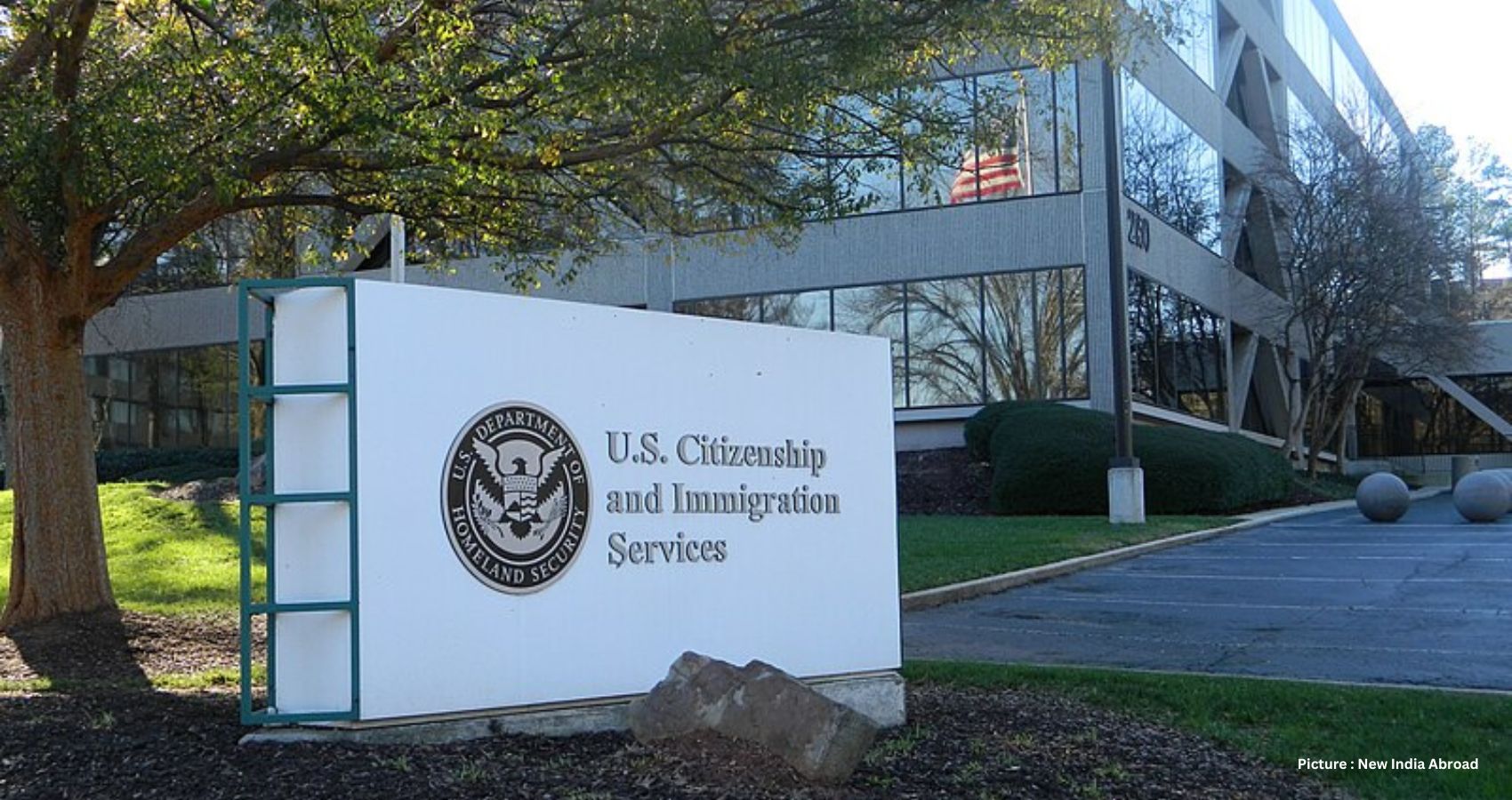The initial registration for the H-1B visa application for fiscal year 2025 will open from March 6 and run through March 22, the US Citizenship and Immigration Services (USCIS) said on Tuesday.
The announcement came as part of a final rule to strengthen the integrity of and reduce the potential for fraud in the registration process of the non-immigrant visa that allows US employers to hire foreign workers in specialty occupations.
Some of the steps taken by the federal agency include reducing the potential for gaming the registration system and ensuring each beneficiary would have the same chance of being selected, regardless of the number of registrations submitted on their behalf.
“The initial registration period for the FY 2025 H-1B cap will open at noon Eastern on March 6, 2024, and run through noon Eastern on March 22, 2024,” USCIS said in a news release.
“During this period, prospective petitioners and their representatives, if applicable, must use a USCIS online account to register each beneficiary electronically for the selection process and pay the associated registration fee for each beneficiary,” it added.
The agency’s final rule contains provisions that will create a beneficiary-centric selection process for registrations by employers, codify start date flexibility for certain petitions subject to the congressionally mandated H-1B cap, and add more integrity measures related to the registration process.
“We’re always looking for ways to bolster integrity and curtail the potential for fraud while improving and streamlining our application processes,” said USCIS Director Ur M Jaddou.
“The improvements in these areas should make H-1B selections more equitable for petitioners and beneficiaries and will allow for the H-1B process to be fully electronic from registration, if applicable, until final decision and transmission of approved petitions to the Department of State.”
Under the beneficiary-centric process, registrations will be selected by unique beneficiary rather than by registration.
This new process is designed to reduce the potential for fraud and ensure each beneficiary would have the same chance of being selected, regardless of the number of registrations submitted on their behalf by an employer.
Starting with the fiscal year 2025 initial registration period, USCIS will require registrants to provide valid passport information or valid travel document information for each beneficiary.
The passport or travel document provided must be the one the beneficiary, if or when abroad, intends to use to enter the US if issued an H-1B visa.
Each beneficiary must only be registered under one passport or travel document, the USCIS said. (IANS)



